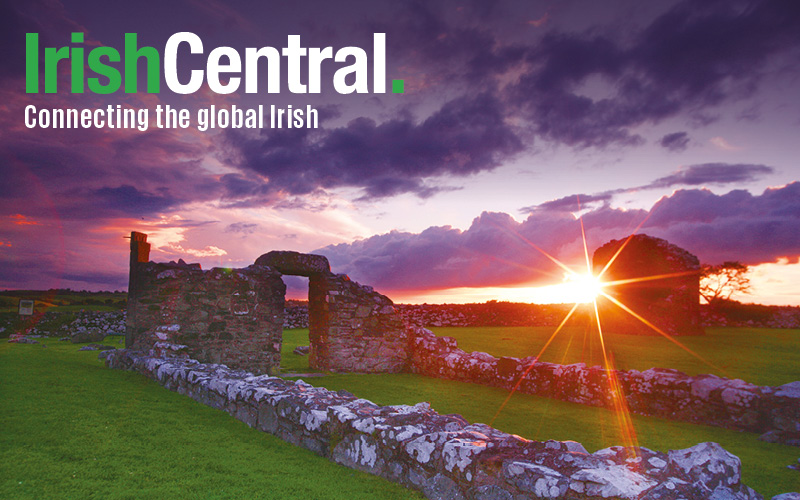Not just a collection but a new cornice stone of civilization, Michael O'Siadhail's new collection The Five Quintets is dazzling in its achievement.
To know the future, you must understand the past, his new book reminds us. So, nine years in the making, he offers us a high wire meditation on late modernity, as we straddle what he calls the first-ever global century.
O'Siadhail's new collection has a five-part structure, with each quintet devoted to a different discipline: the arts, economics, politics, science, philosophy and theology. The artistic and philosophical breadth of reference that he employs here is remarkable.
Selected high water moments in human history, including meditations on the ideas and individuals whose changed or reflected their times, are conjured through an illuminating parade of artists, economists, politicians, scientists, and philosophers.
What happens after modernity's reign has ended, as it surely must, he asks? These are the big questions and he asks them of some of the greatest minds in history. If you believe, as I do, that we should all be turning to the poets in anxious times like these O'Siadhail agrees.
“I'm great believer that you know that poetry has a role in the public discourse,” he tells the Irish Voice. “It's not just a private occupation. I mean I won't cede the public arena for it. We should be part of what happens, I agree. I think Dante did that in his own time, he arrived on the cusp of modernity to sort of prepare the way.”
O'Siadhail says that in The Five Quintets an ambition is to try and to try and sum up 400 years of modernity. “I ended up with five divisions because I wanted to look not just at the artistic parts of the world but also to look at economic definitions of the scientific,” he explains.
Something has gone wrong. Something needs to be done. There needs to be some vision. The journey of this collection is also the question of this age. For the reader O'Siadhail's new work has the energy and intensity and ambition that we see in Auden, and the lines come to your aid as you read them.
Poetry, of course, breaks down divisions, it acknowledges what the fellow Irish poet Michael Longley calls the drunkenness of things being various, it calls and echoes, it reaches forward and backward across space and time, it restores our equilibrium, it can bring us back to ourselves. If ever there was a time that needed all that its now.
Former President of Ireland, Mary McAleese, is in no doubt about the strength of the collection writing, “Whatever you have planned for next weekend, change it and make space to read this book. Your heart and mind and soul will thank you.
This swirling work of love for humanity from Ireland's most exceptional romantic love poet will take you from the paralysis of our visionless future to a place where 'every bole and limb begins to dance the universe's light fantastic prayer.”
We deeply connect, he reminds us, to each other, to history, to time, to where we once lived and to the place we live now. That long journey is in each of us, moving through us as we move through the world.
O'Siadhail's new collection arrives like a late Shakespearean romance, with an almost supernatural grace, and just at the moment when so much seems lost. But he holds up a vision of the past that contains the seed of the future, and it's no small enterprise to undertake.
In The Five Quintets O’Siadhail reconsiders the transformations and world making transitions of the last 400 years, bringing history to life again and offering prophecies of his own for the troubled twenty-first century.
The result is the first major collection of poems of this new era to grapple with who we are, who we still can be and where we might be going. It's a work of near magic to rescue you from the besetting and imprisoning certainties of our faltering era.
The Five Quintets, Baylor Press $34.95.




Comments